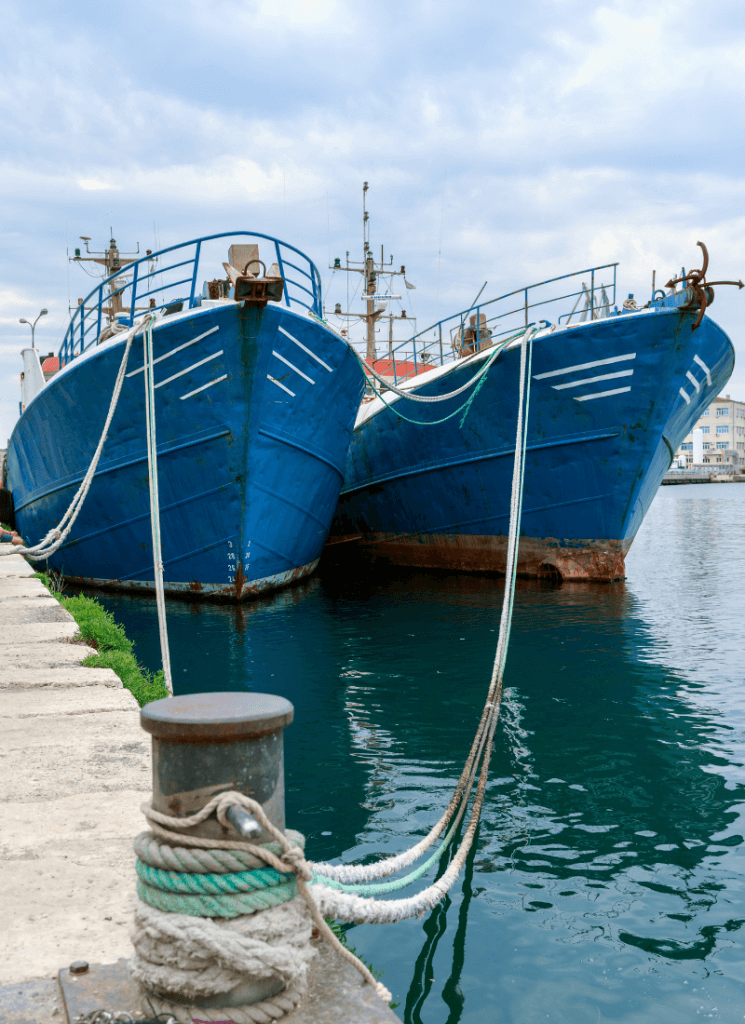The SEAwise project will deliver a tool to support the implementation of EBFM in Europe. As part of development of the tool and associated research, it is vital to understand the current landscape of fisheries management to inform the pathway towards uptake of EBFM and to track progress in achieving this.
In this report, the Evaluation of Fisheries Management Strategies in an Ecosystem Context work theme determined the current baseline for EBFM in Europe, evaluating what regional fisheries management measures are in place, and their effectiveness in realising stated policy objectives. In simple terms, a management plan, also known as a management strategy, consists of 1) a decision-making process, and 2) management measures intended to support sustainability which are applied as a result of the decision-making process.

The evaluation considered a selection of ecological, social and economic sustainability objectives from the two main policy frameworks in Europe: the Common Fisheries Policy (CFP) and the EU Marine Strategy Framework Directive (MSFD). Progress in achieving these was reviewed in the context of SEAwise’s four Case Study regions as well as the Northeast Atlantic.
Key findings were that:
The baseline that has been established through this research will support the development of clear objectives for the evaluation of any future regional EBFM plans implemented with the support of SEAwise. Such evaluations will, as appropriate, seek to apply specific outcome criteria for effectiveness, efficiency and equity – providing quantifiable ways to measure success against policy objectives, and identify areas for improvement.
Read the report here.
Stay up to date with SEAwise news and research, hear about upcoming events, and receive updates on fisheries news from across the European seascape.